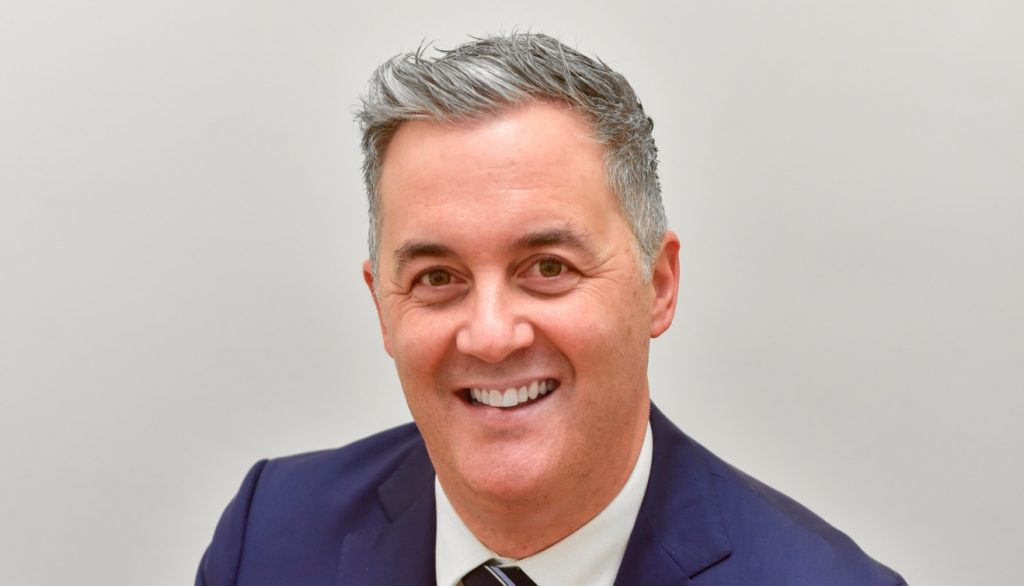
When it comes to high street banking, Nationwide is famously proud to be different. It should be. Mutuals, Nationwide being the biggest example, act as a counterweight to their ‘profit-gouging’ rivals. Mutual Vision (MV) is equally proud of its mutuality — if slightly less famous, perhaps.
Unlike other technology providers in the specialist lending sector, we are owned by six building societies, ranging in size from larger mutuals like Monmouthshire down to the smallest in the country.
In some ways this is MV’s strongest card and puts clear blue water between us and the international consultancies working in the sector. Our unique structure manifests in our commitment to the mutual ethos. We try to represent the alternative side of technology provision, occupying the same sort of philosophical space as, say, John Lewis in people’s affections.
Since mutuals are owned by customers, employees or suppliers, they can do business in a different way.
How can they stay true to their mutual ethos while making headway against the competition? Well, first, mutuals can, do, and should make a profit. But when they do, they should plan for the long term, giving greater priority to looking after their people, the planet and the communities they serve.
The mutual benefit created by not having dividends to pay, means we can ensure customers get better long-term value and better service from us than from other providers. Better treatment of customers is, after all, at the core of the mutual philosophy. Let us also not forget, building societies have been, and will continue to be, the innovators — the original crowd funders — the institutions that have brought some of the most creative products to the UK market.
Aligned to this, mutuals need to take commercial decisions in order to operate. We certainly do. We’re a modern technology provider and if we didn’t make commercial decision, we couldn’t provide an alternative to the larger, global consultancies ploughing their trade in the UK. But mutuals shouldn’t be hard-nosed about it either. you need to remain committed to the values of openness, fairness and responsibility to members and wider society.
Even when surging ahead, mutuals should work in a spirit of collaboration with customers — which chimes with the ethos of the mutual movement — based as it is on Victorian values of self-help and community solidarity.
Yes, be commercial. Yes, turn a profit. But work with customers to understand their needs and the requirements of the wider market. Our customer base includes non-building society customers like Streambank and our collaboration with them ensures their needs are also captured and fulfilled, too.
We are proud to take input from our customers, not just our shareholders. Because mutuals are not profit-obsessed, they can work collaboratively, alongside the customer base as their trusted partner — as well as their critical friend.
Hanging on to employees steeped in mutual values will help protect your ethical ethos, too. We have a product owner who’s worked for Nationwide and Yorkshire; our technical training consultant worked as a coach at Leeds; and Caroline Shard, our senior support analyst, worked at Vernon for 17 years.
Our chairman, Stephen Mitcham, spent over twelve and a half years running Cambridge Building Society, served as chair of the BSA, and is still a non-exec of Progressive. You can talk the talk if you are also walking the walk. I’m from a building society background, as it happens; I joined MV having spent seven years running Penrith Building Society. I like to think I know more than most fintech CEOs about the principles of mutuality. If the hearts and souls or your team are in the right place, the business is run ethically as a result
Mutuals tend to have a strong sense of social purpose, extending their impact beyond members. I’d hate us to lose sight of that. There has always been great public enthusiasm for businesses that do the right thing for society. With the increasing interest in sustainable growth and the realisation, in the wake of the credit crunch, that some financial services institutions were not being run ethically at all, this has never been truer.
And we can advance while embracing that because the public is becoming more interested in the environmental and social impact of business. The mutual ethos is in tune with the times. Public perceptions of business are shifting towards sustainability, social responsibility, and ethical sourcing — particularly among younger consumers. In a survey conducted by the Social Market Foundation last year, 54% of those polled said mutuals can make a big difference to society. The public sees the appeal of mutuality.
In a commercial landscape dominated by profit-driven giants, mutuals stand as beacons of a different ethos — one where values trump dividends. By putting customers, employees, and society at the heart of their business model, mutuals embody a commitment to fairness, to their customers, and to long-term sustainability.
As the public’s appetite for ethical and socially responsible businesses grows, mutuals are uniquely positioned to meet these demands, delivering not only financial returns but also a positive impact on society and the environment. In an era where corporate responsibility is becoming ever more important, mutuals offer a compelling alternative, proving that profit doesn’t have to come at the expense of principles.
Building societies have a long and proud history stretching back to our Victorian past. I’d like to see mutuals — of all stripes — advancing the legacy of mutualism into the future.
Tim Bowen is chief executive of Mutual Vision



